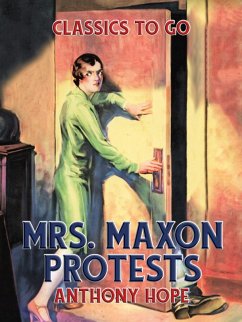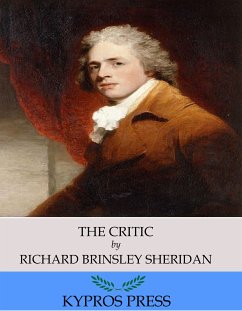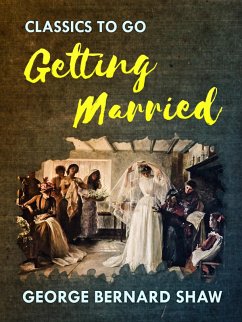
Mrs. Maxon Protests (eBook, ePUB)

PAYBACK Punkte
0 °P sammeln!
In "Mrs. Maxon Protests," Anthony Hope weaves a captivating narrative that explores themes of social justice and individual agency within the constraints of Victorian societal norms. Set against the backdrop of a rapidly changing world, the novel employs Hope's signature blend of sharp dialogue and poignant characterization, reflecting the tensions between personal desires and societal expectations. The story intricately examines the plight of a strong-willed woman, Mrs. Maxon, who defies conventions as she navigates her husband's controversial decisions, illuminating the struggles of women se...
In "Mrs. Maxon Protests," Anthony Hope weaves a captivating narrative that explores themes of social justice and individual agency within the constraints of Victorian societal norms. Set against the backdrop of a rapidly changing world, the novel employs Hope's signature blend of sharp dialogue and poignant characterization, reflecting the tensions between personal desires and societal expectations. The story intricately examines the plight of a strong-willed woman, Mrs. Maxon, who defies conventions as she navigates her husband's controversial decisions, illuminating the struggles of women seeking to assert their voices in a patriarchal society. Anthony Hope, best known for his adventurous works such as "The Prisoner of Zenda," was deeply engaged with the sociopolitical landscapes of his time. His experiences as a playwright and novelist, combined with a keen awareness of the cultural shifts in late 19th-century England, informed his writing, allowing him to craft narratives that resonate with timeless relevance. Hope's exposure to various socio-political movements likely inspired him to address the often-overlooked challenges faced by women in his era. This novel is highly recommended for readers interested in historical fiction that challenges societal norms and highlights the complexities of human relationships. Hope's intricate storytelling and insightful social commentary will captivate those eager to explore the intersections of gender, power, and resistance in a compelling narrative.
Dieser Download kann aus rechtlichen Gründen nur mit Rechnungsadresse in A, B, BG, CY, CZ, D, DK, EW, E, FIN, F, GR, H, IRL, I, LT, L, LR, M, NL, PL, P, R, S, SLO, SK ausgeliefert werden.













